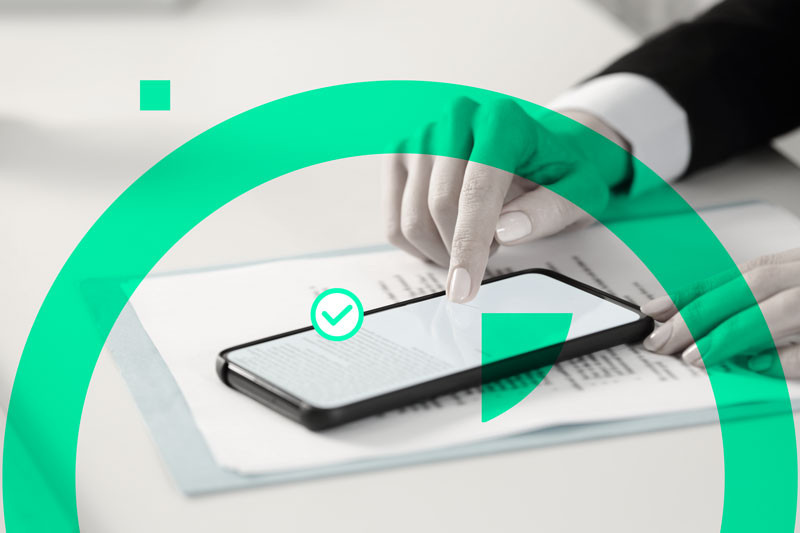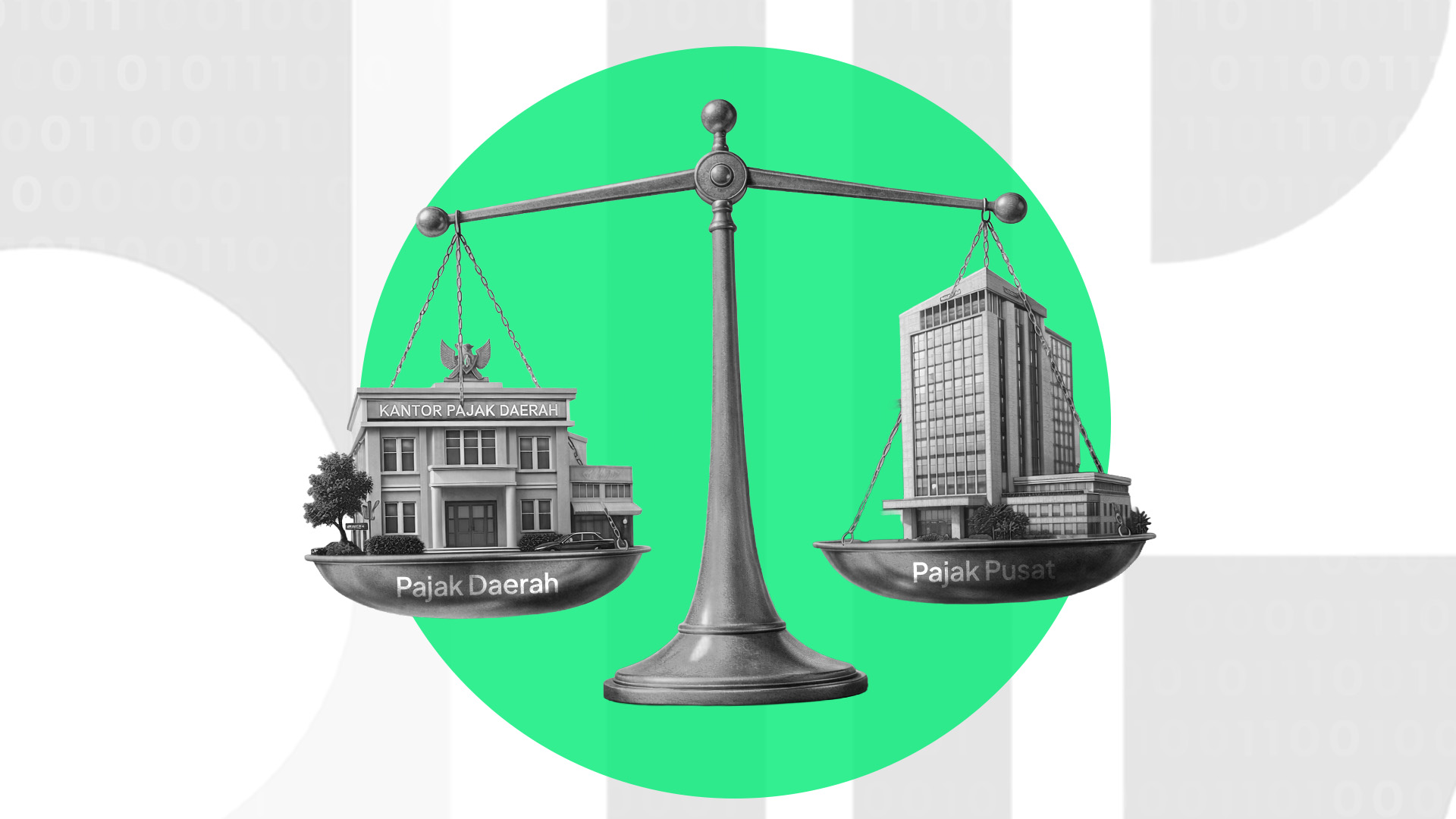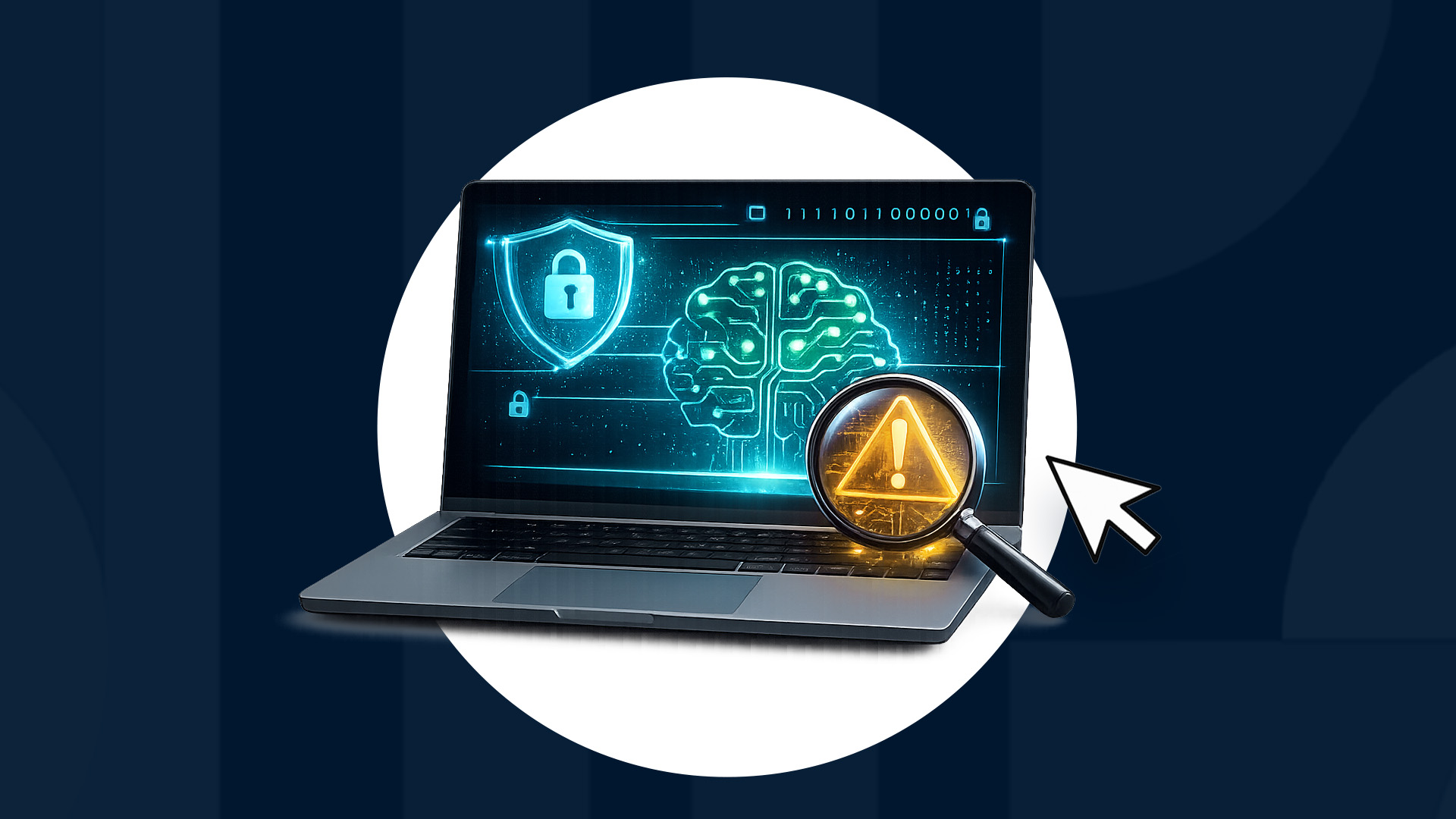Digital signatures are a technology that is now receiving attention. Many companies and agencies see digital signatures as a solution to validate documents without having to meet face to face. However, digital signatures are currently usually only used for documents such as contract agreements and employment contracts. In fact, you can use a digital signature for any type of electronic document.
Electronic documents have an inherent weakness, in that they are at risk of being exploited for criminal purposes such as forgery and unauthorized modification. This can happen to any individual company or agency. That is why electronic documents require a method to guarantee validity. This is where digital signatures - and more specifically, the electronic certificate behind them - come in.
Importance of Electronic Certificates
An electronic certificate serves as proof that electronic information is correct. It prevents documents from being modified without being recorded. The electronic certificate that is manifested in the digital signature has five important aspects: identity, verification, authenticity, validation, and time records. Let's discuss each of these in turn.
1. Identity
In a certified digital signature, information about the signatory must be listed. This identifying information is important to prove that the signatory to the documents is in fact the person responsible for validating them. If the digital signature does not state the name of the signatory, the electronic certificate is invalid.
2. Verification
Identity verification is a necessary step when you perform a digital signature. You will need to perform verification by entering a password or performing a biometric scan to prove that you made the signature. Without verification, electronic certificates will be easy to issue without your knowledge, thus exposing them to risk for forgery. Accurate verification also ensures that digital signatures have non-repudiation or undeniability. This means that the signatory cannot claim he or she didn’t know the contents of the agreement or didn’t sign it.
3. Authentic
An electronically signed electronic document is considered authentic when the electronic certificate has encryption capabilities and a hash function that prevents it from being modified. If you make any modification to the document, you must re-sign it.
4. Document Validation
Electronic documents require a system such as Acrobat Reader, which is capable of reading portable digital file format documents. The electronic document reader application system must be able to detect electronic certificates embedded in documents. That way, the digital signature can be recognized and prove that the document is valid according to the electronic certificate issued by the Electronic Certificate Operator (PSrE).
5. Time Note
No less important in digital signatures is the time record, which shows when the digital signature was made, and can also serve as additional proof that the electronic document is valid.
The above five important pieces of information on the e-certificate are the key components of a digital signature. Digital signatures should be an integral part of electronic documents.
Now you have the information you need about digital signatures, and are ready to use digital signatures for every electronic document that your company publishes! That could be proof of invoices, cooperation contracts, proof of payments, transaction records, employee employment contracts, and even internal corporate documents such as operating standards, financial records, and yearbooks. All of these can be validated by means of a digital signature.
There are no additional costs associated with digital signatures. Your company can even keep these documents secure, and unable to be altered without your knowledge.
If you're not already using a digital signature, this is a good time to make the switch. For more information about digital signatures and electronic certificates, contact VIDA Digital Identity today.
VIDA is an Electronic Certificate Operator (PSrE) that has been registered with the Ministry of Communication and Information of the Republic of Indonesia. VIDA has experience and collaborates with various parties to create an ecosystem of digital signatures and digital identity verification that is accurate and secure.
Read: The age of Digital Signature is here, 5 things you should know about it

.png)

.jpeg)
